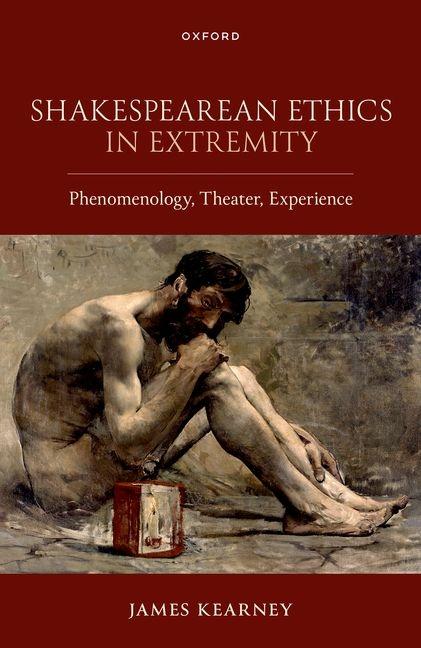Description
The early modern world inherited and developed rhetorical and philosophical practices geared toward the creation of immersive virtual experience. These phenomenological arts share underlying assumptions about the cultivation and management of the self as well as a straightforward orientation toward ethics. Taking up key concepts from the long history of moral philosophy -- recognition, obligation, decision, luck -- Shakespearean Ethics in Extremity brings together a discursive history of ideas and the more phenomenological realms of body and affect, environment and world. In Shakespearean theater we encounter or witness or simply have our attention called to the ethical problem of other minds, the obligation to neighbor and community, the mysteries of decision, the moral quandaries posed by epistemological uncertainty, the risk of ethico-affective relations, and the vagaries of luck. Each of these concepts points to an elemental aspect of ethical life, and they all have long and rich histories, ancient and modern. With a concentrated focus on formally inventive plays written in the later part of Shakespeare's theatrical career - King Lear, Timon of Athens, Macbeth, Pericles, The Tempest, and The Winter's Tale -- Kearney explores Shakespearean theater as an arena or lab in which the experience of ethics in extremis is simulated or reverse engineered, counterfeited or created.
Product Details
- Jul 3, 2025 Pub Date:
- 0198954565 ISBN-10:
- 9780198954569 ISBN-13:
- English Language




